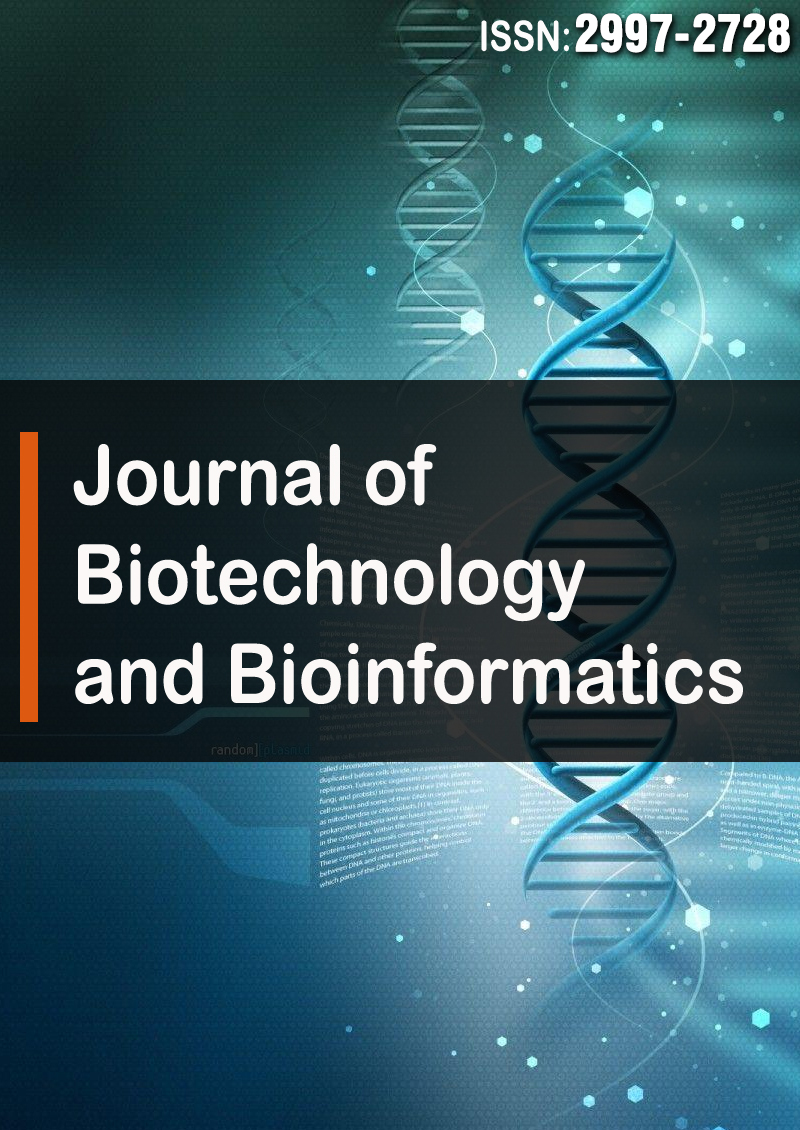A Study on the Institutional Context and Dynamics Surrounding the Emergence of SARS-CoV-2.
Abstract
Richard Murdoch Montgomery, Marcos Yamada Nakaguma and Fundacao Getulio
This dissertation presents an in-depth analysis of the institutional context and dynamics surrounding the emergence of SARS- CoV-2, the virus responsible for the COVID-19 pandemic. Focusing on the case of Brazil, the study employs a multi-disciplinary approach that integrates mathematical economics, epidemiology, and public health policy analysis. Key aspects include examining the initial outbreak in Wuhan, the virus's rapid global spread, and the specific impacts and responses in Brazil. The research employs mathematical models to understand the dynamics of virus transmission, the effectiveness of various public health interventions, and the socio-economic consequences of the pandemic. Special attention is given to Brazil's vaccination campaigns and their role in pandemic control. The findings offer valuable insights into the complexities of managing a public health crisis in a socio-economically diverse country like Brazil and underscore the importance of timely and coordinated responses to global health emergencies.



